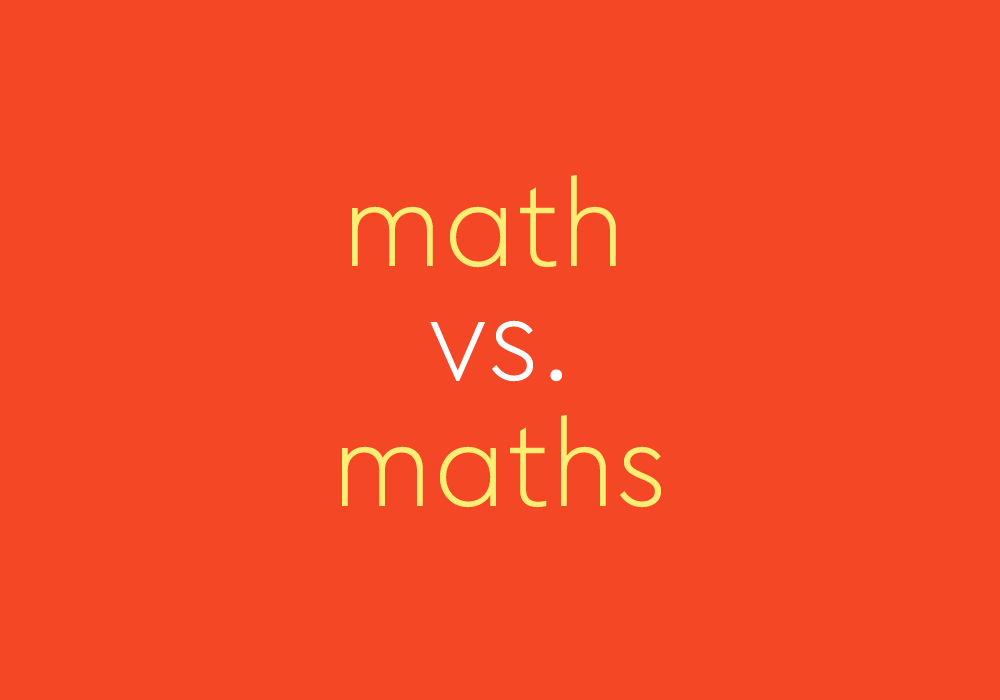I have never agreed with the definition that 1 is not prime as the reason seems arbitrary to me, done for convenience, nothing more.
Before we get into it, here's a quick clarification: an integer is the same thing as a whole number and hence the terms are used interchangeably in this post.
The core characteristic of any prime number is that it's an integer which divides evenly by the integers of 1 and itself. That's it. That's true for primes 2, 3, 5, 7, 11 etc and that's true for 1 as well: 1 x 1 = 1.
The article below explains why 1 is not defined as a prime since defining it as a prime leads to an infinite number of ways to define numbers as the result of multiplying smaller integers together. Not defining it as prime prevents this. So, with 1 not prime, the divisors of 6, for example, are 2 x 3. Make 1 prime and it could be 2 x 3 x 1, 2 x 3 x 1 x 1, 2 x 3 x 1 x 1 x 1 and so on forever, all with the same result of 6. Hence, from the article, the formal definition is:
However, I think this argument is flawed since one can make similar arguments in other cases. For example:
Zero can't be a number, because adding zero to a number can be done an infinite number of times without changing the result. So, for 8, we have 8 + 0, 8 + 0 + 0, 8 + 0 + 0 + 0...
Similarly, prefixing any number with zero doesn't change its value. So, prefixing 8 leads to 08, 008, 0008... again with all these having the same value of 8.
Hence saying zero can't be a number would be absurd.
We can pick on 1 again for the same reason in multiplication, since 8 x 1, 8 x 1 x 1, 8 x 1 x 1 x 1... all have the same result of 8. So, to prevent this, 1 cannot be a number. This is clearly absurd too.
So, back to the reason that 1 is not officially defined as prime. Since there are an infinite number of ways to write a number as the product of three or more whole numbers when 1 as prime is included, simply leave that result out. This is done in many areas of maths where infinity pops up with recurring numbers, so why should it be any different here?
 elementarymath.edc.org
elementarymath.edc.org
Before we get into it, here's a quick clarification: an integer is the same thing as a whole number and hence the terms are used interchangeably in this post.
The core characteristic of any prime number is that it's an integer which divides evenly by the integers of 1 and itself. That's it. That's true for primes 2, 3, 5, 7, 11 etc and that's true for 1 as well: 1 x 1 = 1.
The article below explains why 1 is not defined as a prime since defining it as a prime leads to an infinite number of ways to define numbers as the result of multiplying smaller integers together. Not defining it as prime prevents this. So, with 1 not prime, the divisors of 6, for example, are 2 x 3. Make 1 prime and it could be 2 x 3 x 1, 2 x 3 x 1 x 1, 2 x 3 x 1 x 1 x 1 and so on forever, all with the same result of 6. Hence, from the article, the formal definition is:
A prime number is a positive integer that has exactly two distinct whole number factors (or divisors), namely 1 and the number itself.
However, I think this argument is flawed since one can make similar arguments in other cases. For example:
Zero can't be a number, because adding zero to a number can be done an infinite number of times without changing the result. So, for 8, we have 8 + 0, 8 + 0 + 0, 8 + 0 + 0 + 0...
Similarly, prefixing any number with zero doesn't change its value. So, prefixing 8 leads to 08, 008, 0008... again with all these having the same value of 8.
Hence saying zero can't be a number would be absurd.
We can pick on 1 again for the same reason in multiplication, since 8 x 1, 8 x 1 x 1, 8 x 1 x 1 x 1... all have the same result of 8. So, to prevent this, 1 cannot be a number. This is clearly absurd too.
So, back to the reason that 1 is not officially defined as prime. Since there are an infinite number of ways to write a number as the product of three or more whole numbers when 1 as prime is included, simply leave that result out. This is done in many areas of maths where infinity pops up with recurring numbers, so why should it be any different here?
Prime Numbers – Elementary Math
 elementarymath.edc.org
elementarymath.edc.org

